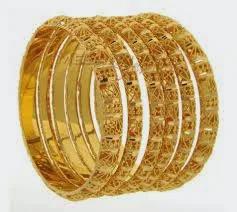The increase in the minimum salary limit from Dh4,000 to Dh10,000 per month to sponsor immediate family members only applies to Dubai, an immigration official told Gulf News on Saturday.
The salary requirement to sponsor wives and children in Abu Dhabi and other emirates has not changed and remains at Dh4,000 per month or Dh3,000 with accommodation, a senior official at the General Directorate of Residency and Foreigners Affairs (GDRFA), said on condition of anonymity.
The official confirmed that the Dh6,000 increase in the minimum salary requirement was implemented in Dubai more than a week ago. The move aims to ensure that Dubai residents can provide a good quality of life to their families considering the increasing cost of living in the city.
However, the official website of GDRFA did not show any change in the rule. When contacted, the customer service agent at the GDFRA toll-free Amer service said he was not aware of any change in the minimum salary limit. According to him, the salary limit for an expatriate to sponsor family remained at Dh4,000 or Dh3,000 with accommodation.
The salary requirement to sponsor wives and children in Abu Dhabi and other emirates has not changed and remains at Dh4,000 per month or Dh3,000 with accommodation, a senior official at the General Directorate of Residency and Foreigners Affairs (GDRFA), said on condition of anonymity.
The official confirmed that the Dh6,000 increase in the minimum salary requirement was implemented in Dubai more than a week ago. The move aims to ensure that Dubai residents can provide a good quality of life to their families considering the increasing cost of living in the city.
However, the official website of GDRFA did not show any change in the rule. When contacted, the customer service agent at the GDFRA toll-free Amer service said he was not aware of any change in the minimum salary limit. According to him, the salary limit for an expatriate to sponsor family remained at Dh4,000 or Dh3,000 with accommodation.




